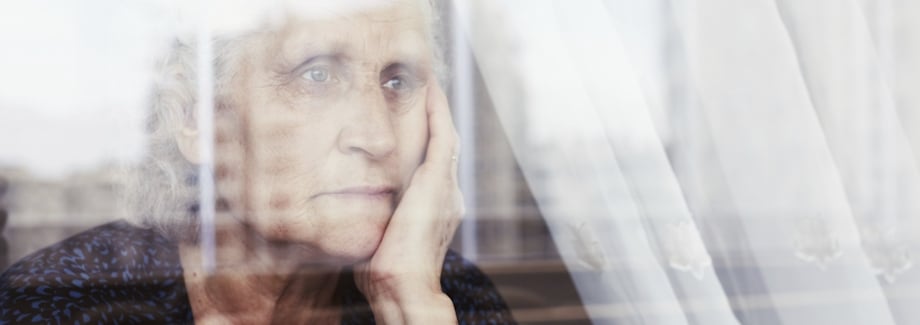 Many adult children and spouses tell me when I meet with them that their loved one won’t go to activities. Looking at the activity calendar isn’t a high need for all my clients. Often though when I talk to them later after they have found a place for mom, I learn that they are winning at bingo, or going to bible study or I’ve even heard, ‘she’s never in her room, she’s always at activities’.
Many adult children and spouses tell me when I meet with them that their loved one won’t go to activities. Looking at the activity calendar isn’t a high need for all my clients. Often though when I talk to them later after they have found a place for mom, I learn that they are winning at bingo, or going to bible study or I’ve even heard, ‘she’s never in her room, she’s always at activities’.
I believe we are all created to be social beings. Some are very outgoing and connecting to people all the time is where they derive their energy. Others being introverts need time to themselves away from people. Yet, to be connected to other human beings whether that is a conversation about the weather over a meal or in singing hymns together is a very important part of mental health.
Research shows that isolation is detrimental to our health. Isolation is seen as a growing health epidemic in our society today as many people age. AARP Foundation has a website called www.connect2affect.org that talks about the difference in loneliness and isolation and it also offers an assessment that you can take for yourself or a loved one to determine risk of isolation. If you take this for a loved one it will tell you if that person is high risk, moderate risk or low risk for isolation. Recently I’ve read and heard that isolation can have the same affect as smoking 14 cigarettes a day.
My mother in law stopped driving at 91 and even though she saw family at least once a week she spent all her time alone living in rural WI and rarely picked up the phone. She has never been a very social person, but she now is in a senior living community and she is the one winning at bingo and working on puzzles with other residents outside of her apartment. She looks so much better than when she was at home all by herself.

